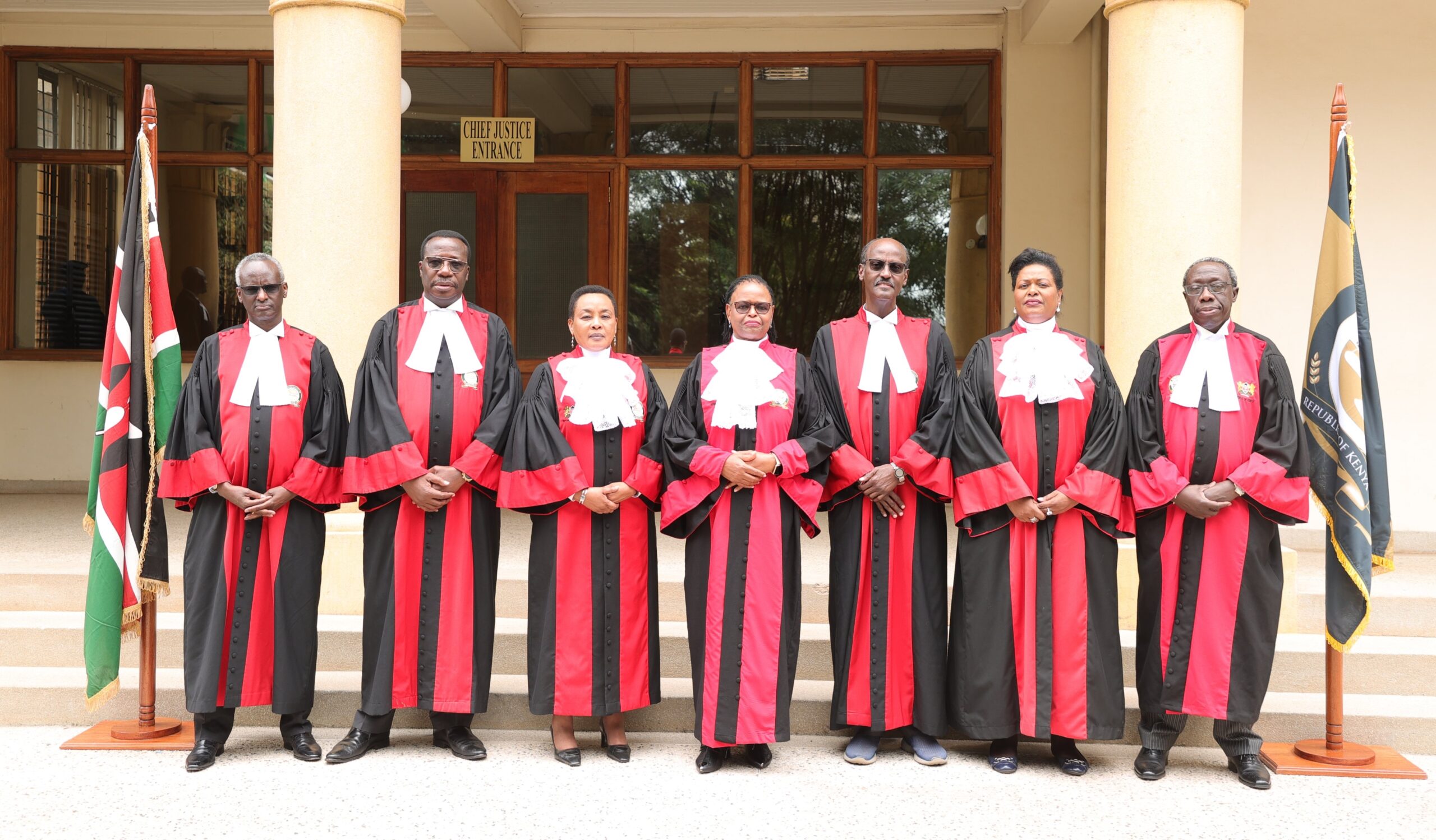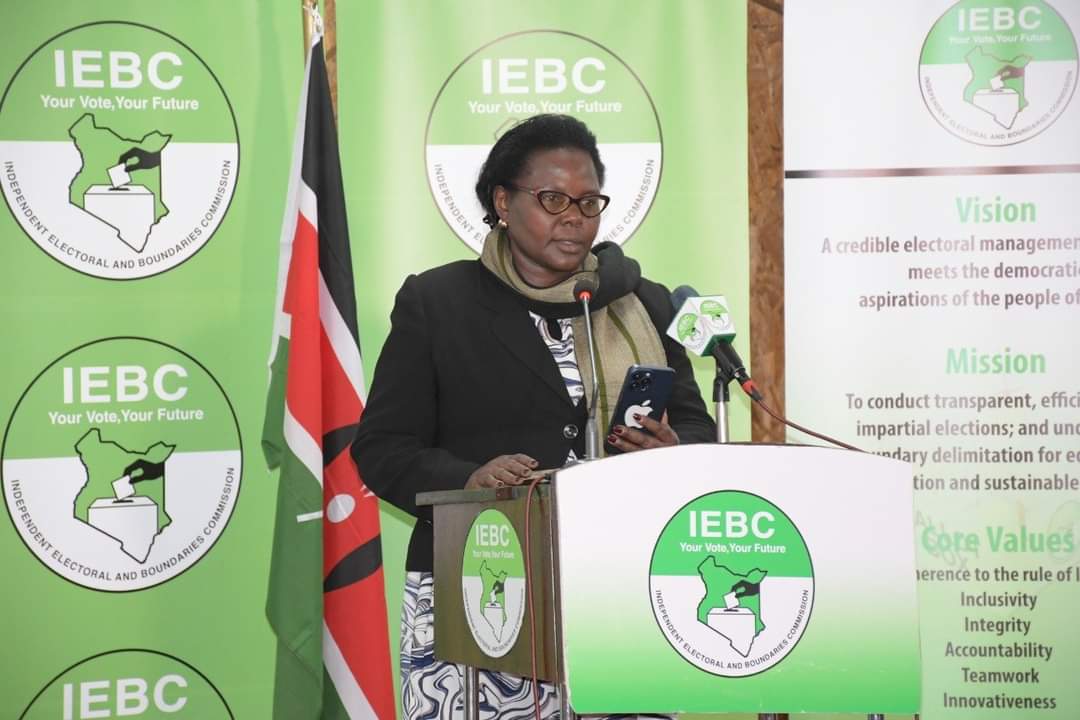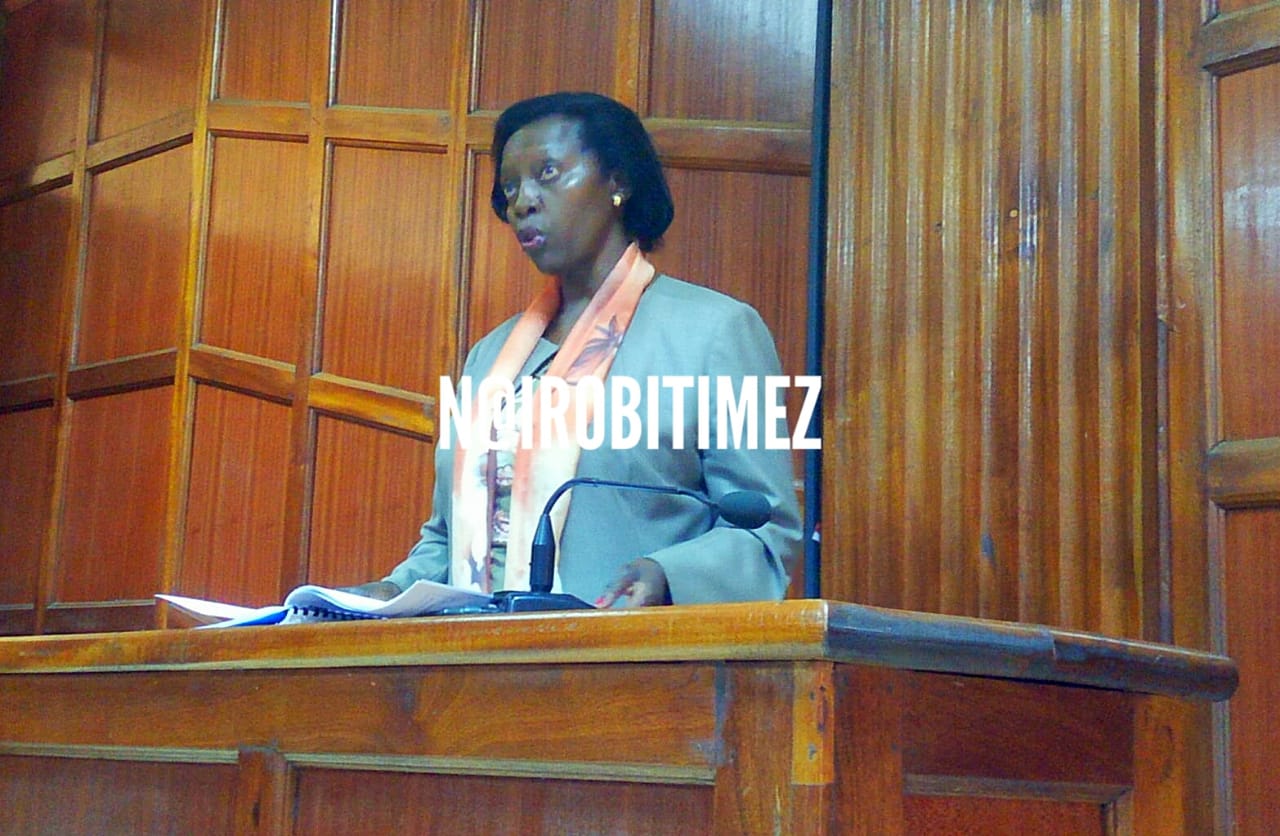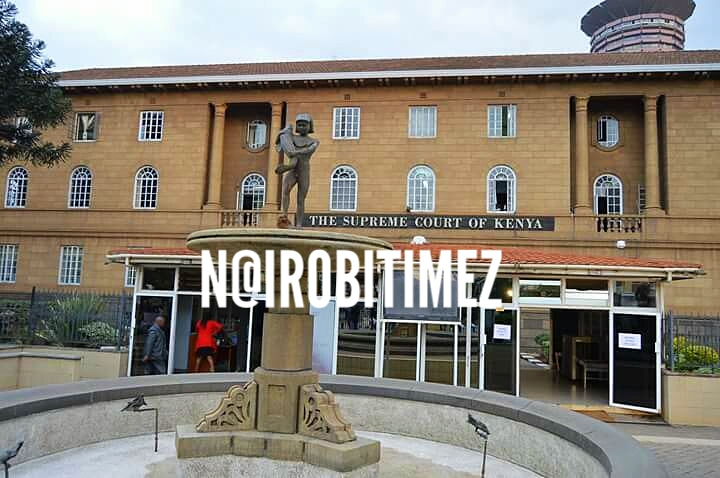
BY SAM ALFAN.
President elect William Ruto and his Deputy Rigathi Gachagua will be sworn in on Tuesday next week after Supreme Court upheld his August 9 victory.
Kenya’s Apex Court Judges upheld the declaration made by Independent Electoral and Boundaries Commission (IEBC) Chairman Wafula Chebukati on August 15, stating that Ruto was validly elected.
Ruto made history as the first ever sitting Deputy President to become President of Kenya. He also made history by winning the country’s top sit on his first attempt and even faced serious opposite from outgoing President Kenyatta, who supported Raila Odinga.
Supreme Court Judges led by Chief Justice Martha Koome, Deputy Chief Justice Philomena Mwilu, Justice Isaac Lenaola, William Ouko, Njoki Ndung’u and Smoking Wanjala dismissed petition filed by veteran opposition leader Raila Odinga and his runningmate Martha Karua and others.
“As a consequence we declare the election of 1st respondent as Presidentelect to be valid under Article 140(3) of the Constitution,” declared Supreme Court.
CJ Koome read the short unanimous decision on behalf of the bench and promised that the full judgement will be ready in 21 days.
Supreme Court found that pursuant to Article 138 (3) (c) of the Constitution, the power to verify and tally Presidential Election results as received at the National Tallying Centre, vests not in the Chairperson of IEBC, but in the Commission itself.
They said IEBC carries out this exercise through its secretariat staff, technical personnel, and any other persons hired for that purpose under the oversight and supervision of the Chairperson, and other members of the Commission.
The judges said although, the power to declare the result of a Presidential Election after verification and tallying, is vested in the Chairperson, he does so only as a delegate of the Commission.
“Ultimately, notwithstanding the divisions apparent between the Chairperson and four Commissioners, the Court was satisfied that IEBC carried out the verification, tallying, and declaration of the Presidential Election results in accordance with Article 138 (3) (c) and (10) of the Constitution,” said Supreme Court.
While dismissing the case by the 8 petitioners, the seven judges ruled that Ruto was duly elected.
The judges ruled that the petitioner failed to produce credible evidence to prove their allegations including that of systemic ballot staffing and tampering of form 34A.
“Not a single document has been adduced by the petitioners to prove systemic ballot staffing,” the seven judges ruled.
The Apex Court also found that the logs presented in court by the petitioners were not genuine.
In addition, the judges did not find technology at fault as argued by the petitioners.
“No credible evidence was adduced to prove that anyone accessed the RTS,” the judges said.
The court also took note that none of the agents from the contested polling stations swore an affidavit.
The petitioners also argued that the IEBC Chairperson Wafula Chebukati had no jurisdiction to postpone elections in some constituencies. However, the court found that Section 55 (b) of Elections Act which provides circumstances under which provides for circumstances under which the election can be postponed gives the Chair powers to postpone elections.
The CJ said that according to the constitution, the IEBC Chair can not allocate himself powers to tally and verify the results of presidential elections as occurred at the Bomas.
However, the judges found that the four commissioners who contested the results announced by Chebukati took part in the tallying and announced results in turns. Therefore, the IEBC chair did not tally and verify the elections alone since all the commissioners were together until the 11th hour when they were about to announce the presidential results.
The court added that even though there was malaise in the IEBC, the four commissioners did not provide evidence to show discrepancies.
This led the apex court to question, “Are we to nullify elections on the basis of a last minute rupture?”
The Apex Court also found that the difference in figures during tallying of the votes was corrected by IEBC.
The judges agreed that President-elect William Ruto did attain the constitutional threshold of 50%+1 votes.






